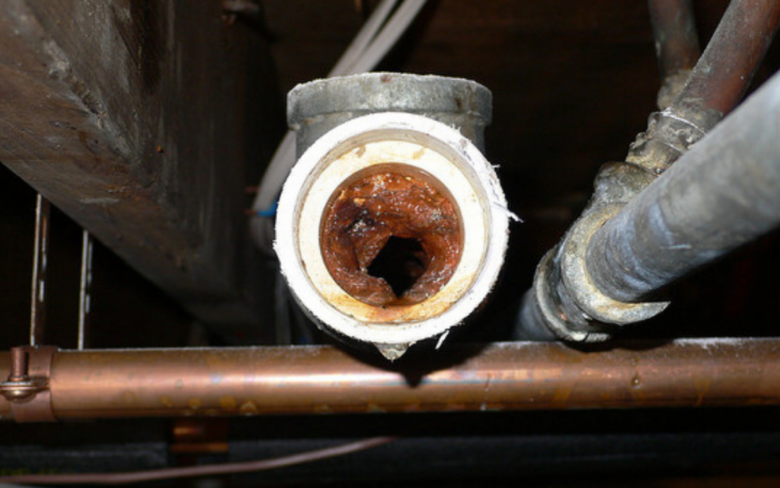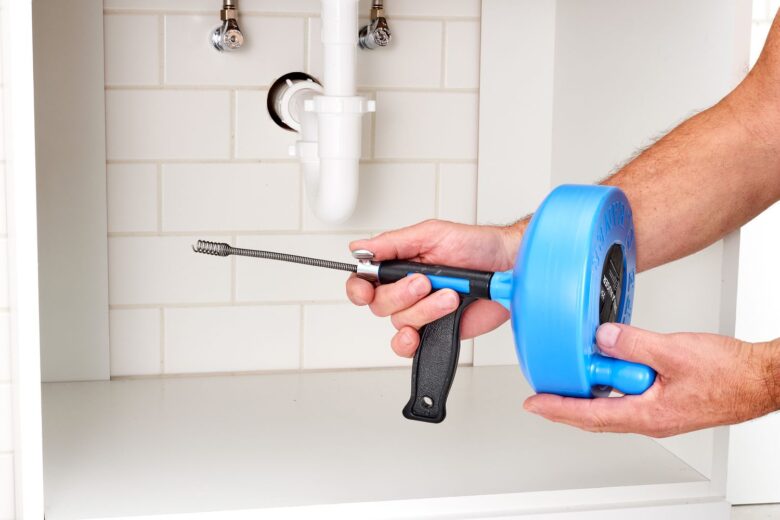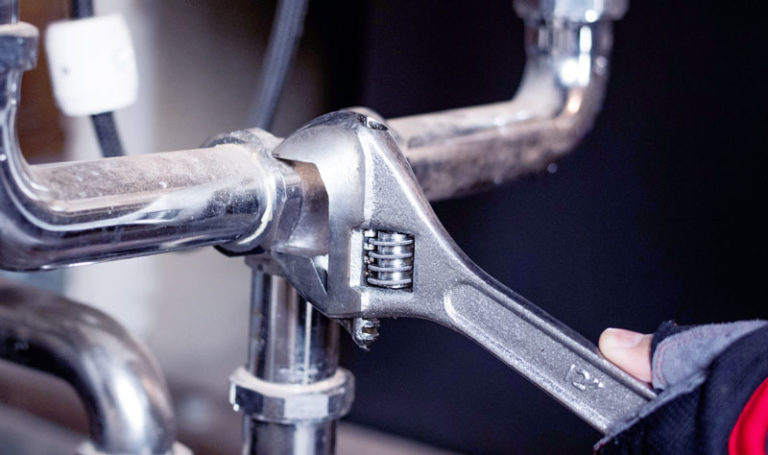When you have a blocked drain, your home can quickly become flooded. This is especially a problem in apartments and condos, where water can quickly saturate the ground floor and rise up through the building. If this happens, not only will you be dealing with a mess, but you may also be liable for property damage. In order to avoid any of this, it’s important to know what professional plumbers use to unclog drains.
Contents
What should you do if a drain is blocked?
If you have a drain that’s either slow to drain or not draining at all, it may be time to call in a professional plumber. A blocked drain can cause a lot of problems for your home, including sewage buildup, flooding, and even structural damage. Here are some tips on what to do if you think your drain is blocked:

Source: Jetsetplumbing.com
- Check the overflow tube. If the sink or bathtub is filling up with water slowly but steadily, it’s likely that the overflow tube is clogged. To check this, turn off the main water supply to the house and pour a pot or bucket of water into the sink or tub. If the water level goes down slowly after you stop pouring, then the overflow tube may be clogged. Clear out any debris that may be blocking the tube with a plunger before trying to unclog it again.
- Clear away any debris near the drains using a plunger or vacuum cleaner. This includes anything that has fallen into the drainage system—including snow and ice—as well as plants and furniture that have been swept onto the ground outside of the drainage area.
- Use a snake or auger to clear out any objects that are obstructing the drains from reaching full depth. Be sure to wear gloves and protective eyewear when using this equipment, as bits of material can fly up into your face when it’s used properly.
- Pour vinegar or baking soda down each drainpipe one at a time. This will help to break up any clogs and free up the pipes. Be sure to empty the drains after using this method, as vinegar and baking soda are both caustic chemicals.
- Call a professional plumber. A blocked drain can quickly become a serious problem that requires professional attention. An expert can help you unclog drains and worry no more.

Source: pinterest.com
The Different Types of Plumbers
There are many different types of plumbers, and each one has his or her own specialty. Some of them specialize in installation and repair work, while others focus on maintenance. There are also plumbers who work with water treatment chemicals and devices, as well as those who specialize in gas lines.
Regardless of the type of plumbing they work with, all plumbers must have a working knowledge of the various systems in a home or business. They must be able to identify problems and fix them quickly, often without causing further damage. In addition to their technical skills, most plumbers also have strong customer service skills. This means that they are able to communicate effectively with people in order to resolve issues.
If you need a plumbing contractor for your home or business, be sure to look for a specialist who can help you solve any problems. There are many talented and experienced plumbers out there waiting to help you get your property back up and running as smoothly as possible!
What is a drain snake?
A drain snake is an essential tool for professional plumbers. It is a long, thin tube made of metal or plastic that is inserted into the drainage system to clear blockages. Drain snakes are able to move around in tight spaces and can reach deep down into drains to remove objects such as hair, grease, and soap bubbles.

Source: thespruce.com
What are the different types of drain snakes?
There are essentially three types of drain snakes: manual, electric, and pneumatic. Manual drain snakes are operated by hand, while electric and pneumatic drain snakes use motors to move the snake through the pipe.
Electric drain snakes are powered by batteries or an electric cord. They come in a variety of sizes and can be easily moved around the plumbing system. Electric drain snakes are good for tight spaces or areas with limited access.
Pneumatic drain snakes use compressed air to move the snake through the pipe. They’re usually larger than electric drains and have a larger opening to allow more debris to pass through. Pneumatic drain snakes are good for larger pipes or areas with lots of obstructions.

Source: 1stclassplumber.com
What chemicals do plumbers use?
The materials that professional plumbers use to unclog drains vary depending on the type of drain that needs cleaning. However, most plumbers typically use a combination of different chemicals to break down clogs.
Some common chemicals used to clear drains include ammonia, hydrochloric acid, CLR (chlorine dioxide), and sodium hypochlorite. Ammonia is often used in combination with hydrochloric acid to remove food particles and large objects from drains. CLR (chlorine dioxide) is often used to break down organic material in the Drain Cleaner solution, while sodium hypochlorite helps release any trapped gases.
There are a number of health risks associated with using plumbers’ chemicals, including exposure to hazardous materials, inhalation of poisonous fumes, and skin and eye irritation.
Exposure to hazardous materials can cause health problems such as exposure to toxins and chemicals that can be harmful if inhaled or ingested. Fumes from plumbers’ chemicals can also be harmful if inhaled, causing respiratory problems such as asthma. Skin and eye irritation from plumbers’ chemicals can lead to skin burns, blindness, or even death.

Source: pinterest.com
Conclusion
Professional plumbers use a range of tools and techniques to unclog drains. Many of these involve using caustic or corrosive drain cleaners, which can damage pipes if not used correctly. To avoid this, professional plumbers always wear protective gear such as gloves, face shields, and safety glasses. They also routinely check the condition of their equipment and replace damaged parts as necessary. If you have an obstruction in your drain that needs to be cleared quickly, don’t hesitate to call a professional plumber for help.
